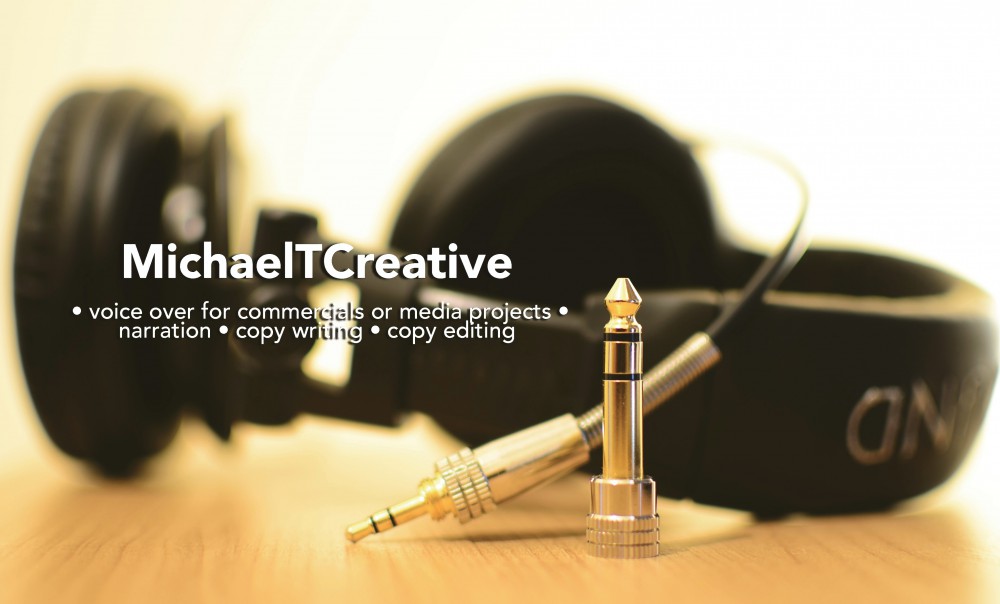by Michael T. Shishido
 The key to good interviews is preparation. Use the preparation to guide your questions. Unless you’re on Meet The Press, you don’t need to arm yourself with expert-level knowledge. You don’t need to make yourself look smart by rattling off all the info in your head about a given subject. You have the expert right in front of you. Ask them a “softball” question and pull that info out of them.
The key to good interviews is preparation. Use the preparation to guide your questions. Unless you’re on Meet The Press, you don’t need to arm yourself with expert-level knowledge. You don’t need to make yourself look smart by rattling off all the info in your head about a given subject. You have the expert right in front of you. Ask them a “softball” question and pull that info out of them.
Here’s an example of a poor question: “I understand Ebola is a virus that’s highly contagious. The virus is passed on by contact with bodily fluids. Is that correct?”
A better question to ask, especially with an Ebola expert in front of you, is: “What is Ebola.”
In the first example, you’re wordy and pretending to be knowledgeable about Ebola. In the second example, you leave it to the expert to fill in the important information. In this case, if you’re looking for an answer the expert doesn’t provide, you can then follow up with another question that addresses that.
You want to put the guest in the spotlight, not steal the spotlight away from them.
Larry King, the famed radio and TV talk show host, had an interesting practice. If he were interviewing an author, he said he would not read the book. He might familiarize himself with the subject matter. But Larry said (paraphrasing), “Why read the book when you have the author right in front of you?”
Similarly, watch Monday Night Football. Host Mike Tirico has been covering sports for more than 25 years. Mike knows sports. But when he’s on MNF, he’s got former player and coach Jon Gruden standing next to him providing football analysis. Mike makes it a habit to ask the “dumb” questions. “Why did they pass on that down?” “Why not go for a field goal here instead of punt?” Mike knows the answer. But he defers to the expert Gruden to provide the answer. And why not? Gruden has coached and won a Super Bowl in the NFL. There’s your expert.
If you want to call it “playing dumb,” so be it. Nothing wrong with a little feigned ignorance when it comes to effective interviewing. You get to ask what’s on everyone’s mind and you leverage the expert in the room.

